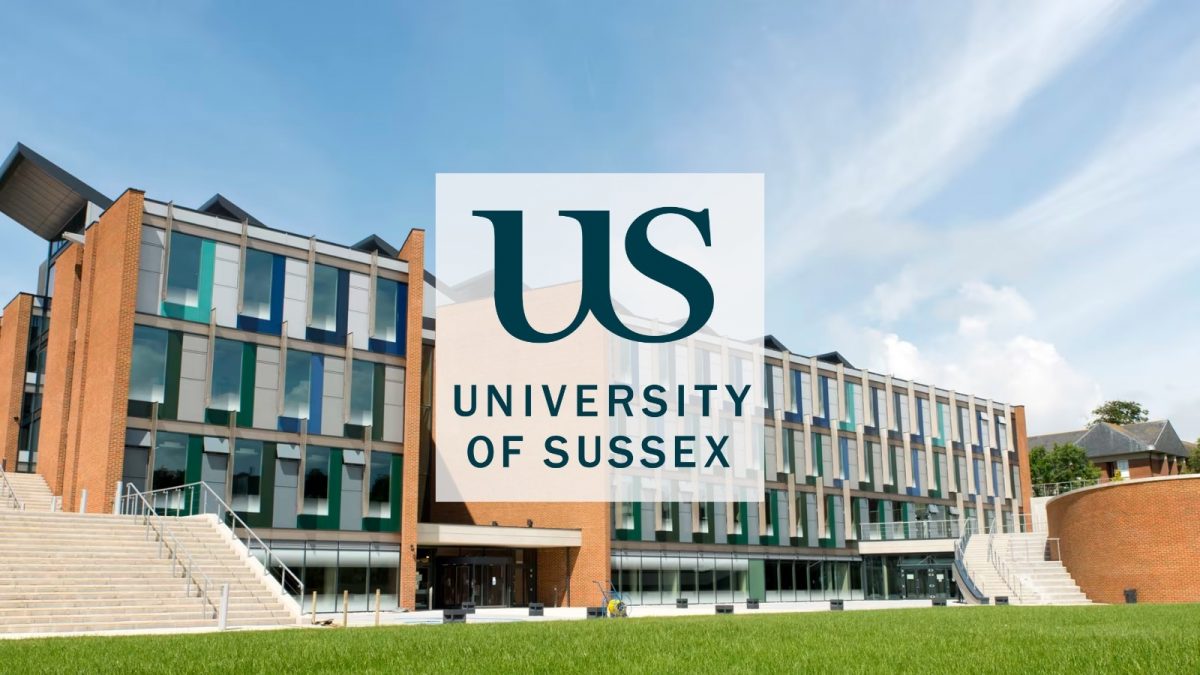Maturity assessments are not only for long-established project offices – they are just as valuable for less mature project management environments, providing a deeper understanding of the strengths and weaknesses of project management practice, as well as a roadmap for further improvement and future maturity.
So says Ian Duffy, director of strategic projects and change at the University of Sussex, a leading UK research-intensive university located on the edge of Brighton, with over 18,500 students and 3,490 staff members. Duffy explains that the university’s project office, namely Sussex Projects, elected to team up with Project Portfolio Office, a project and portfolio management (PPM) tool and solutions provider, to complete a maturity assessment one year after its formation.
Serious investment calls for formalised project office
Established in 2021, the defined mission for Sussex Projects is to act as a central enterprise function for the selection, prioritisation and control of all projects and programmes, in line with the university’s strategic objectives. It was also created to establish and implement project management best practices for the benefit of the university in a way that encourages collaboration, standardisation and overall improvement in project results across all delivery portfolios.
Says Duffy: “When the University of Sussex put together a multi-million-pound, five-year transformation roadmap, which includes upgrades to both technology and physical infrastructure, its requirement for a professional central project management competency that could provide the right level of assurance, professionalism and standardisation around this significant investment became a necessity. Sussex Projects was then established as a central project office, growing the university’s handful of project management staff members to a formalised team that has since doubled in size, and which runs some 40 live projects today.
“The university’s levels of maturity in project management were quite low, and even though a project management approach was approved in 2020, it was never fully realised due to the pandemic. After the more recent founding of Sussex Projects, we had seen some initial traction and good results in certain areas, but it was clear that the adoption and application of our approach were patchy. It thus made sense to pause after a year of operation and perform a formal maturity assessment to ascertain where we are now, where we want to be, which areas we should address to add more value for the university, how we need to focus our energy, and how to prioritise.”
Project Portfolio Office (PPO) was selected by Sussex Projects earlier this year to conduct a full diagnostic maturity assessment. The scope of the maturity assessment included an assessment of both the portfolio office and the delivery team.
The P3M3® assessment was commissioned to:
- Understand the strengths and weaknesses of Sussex Projects’ project management practices against benchmarks and best practice;
- Independently assess the application of project processes across the university’s portfolios; and
- Develop a roadmap for the further improvement and maturity of Sussex Projects’ project management practices.
After investigating maturity assessments options available, Duffy was swayed by a conversation with Guy Jelley, CEO and co-founder of Project Portfolio Office. “We spoke to several approved partners on conducting an assessment, but the conversation with Project Portfolio Office really stood out from the other assessors. It was a transparent, comprehensive discussion on how the results of the maturity assessment could add value to the university, and took much less of a ‘tick box’ approach.”
Project Portfolio Office’s previous experience within the education sector, with clients including the University of Johannesburg in South Africa, helped to clinch the deal.
Validation and prioritisation
“The maturity assessment has been of great value as it has allowed Sussex Projects to validate some of our own thinking, while at the same time giving us an external, independent view, and helping us to prioritise where best to spend our energy.”
Duffy explains that project management within a university environment has its own, unique challenges. “Our peers within the industry all seem to struggle with the same difficulties, and one very interesting point raised by our maturity assessment was that it highlighted the good inroads we’ve made where others have struggled. This has provided a real shot of confidence, as it was validation that we do have a good grip on where we should be focusing, even though we ramped up the programme at such a rapid pace.
“The maturity assessment also unexpectedly revealed that our own team wasn’t fully aligned. As mentioned, we’ve grown very quickly, and the maturity assessment brought clarity to the fact that not all of our team members share the same level of understanding or have the same views, highlighting the importance of investing more time in training. And training also came up as a critical area of focus for our project sponsors, which research tells us is the single most influential aspect of successful project delivery.
“Another symptom of the speed at which we’ve developed is the fact that we need to improve the outward selling of what the project office is about and the services it delivers.”
According to Duffy, the Project Portfolio Office team has assisted Sussex Projects with its prioritisation work as part of the engagement. “We’ve had some really interesting debates with Project Portfolio Office about which recommendations to take forward and what will add the most value. The roadmap we’ve put together on this has been well received by the university committees, certainly from our stakeholders and senior management team.
“As mentioned, training – with regards to our tool, the process and the methodology – is high on our agenda, and particularly important due to our growing team. We also received feedback around making information easier to consume and, based on this requirement, are developing a new centralised knowledge hub where information will be stored in an easy-to-get-to, accessible fashion.”
Moving forward, another priority for Sussex Projects is controls. “We’re currently looking at how to strengthen our stage gate process to include dip tests throughout the project life cycle. These will then keep tabs on whether projects are following our processes and methodology, or not.
“The other major area identified by our maturity assessment is resource management, which was our lowest scoring area and also one of our biggest challenges operating at scale. Together with an increased focus on our sponsors, this will be one of our biggest priorities for the next year.”
How late is too late?
Duffy’s advice for other project offices is to embrace the project maturity assessment, even if it feels premature. “The longer you leave a project office health check, the longer you could be investing time and energy into areas that may not be adding value. I think that it’s valuable as a leader to have this type of professional external validation and guidance to support your own decision making, while also allowing you to quickly recalibrate and get back onto the right path if needed.
“In working with Project Portfolio Office on this maturity assessment exercise, the team clearly laid out what was expected and provided open, honest feedback. We established a real partnership in this process, and we were challenged throughout the assessment, which gave us immense value and made for an enjoyable process.”
Says Jelley: “Through the PPO project management maturity assessment, which uses the P3M3® model, Sussex Projects has been able measure its current levels of organisational capability, record a baseline, establish where improvement is needed and forge a path journey to achieving a higher level of capability.
“The positive outcomes of the assessment prove that project offices don’t need to wait for years before they do an assessment. Sussex Projects understood the value and wanted to get a view of their effectiveness within the university, as well as identify what efficiencies they could introduce as part of their maturity journey.”
For more information on Project Portfolio Office’s maturity assessment service, please click here.


